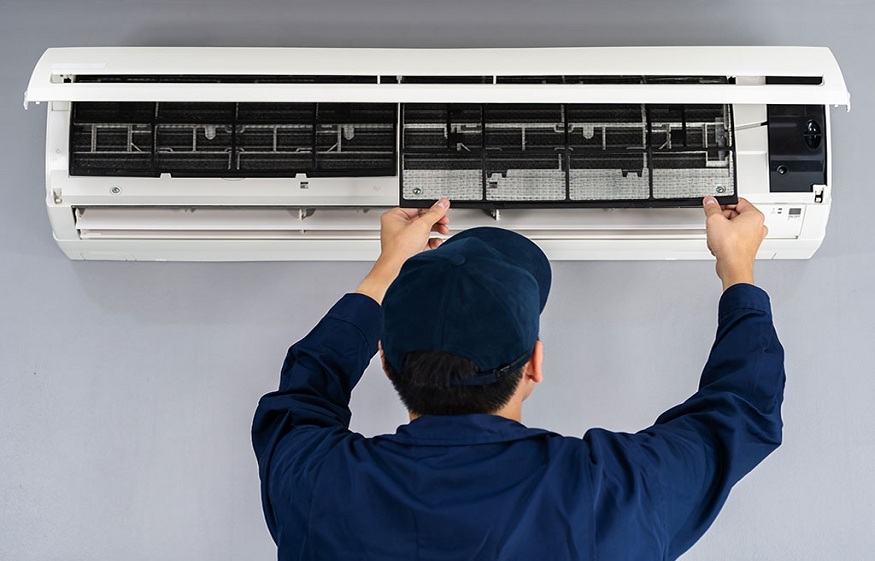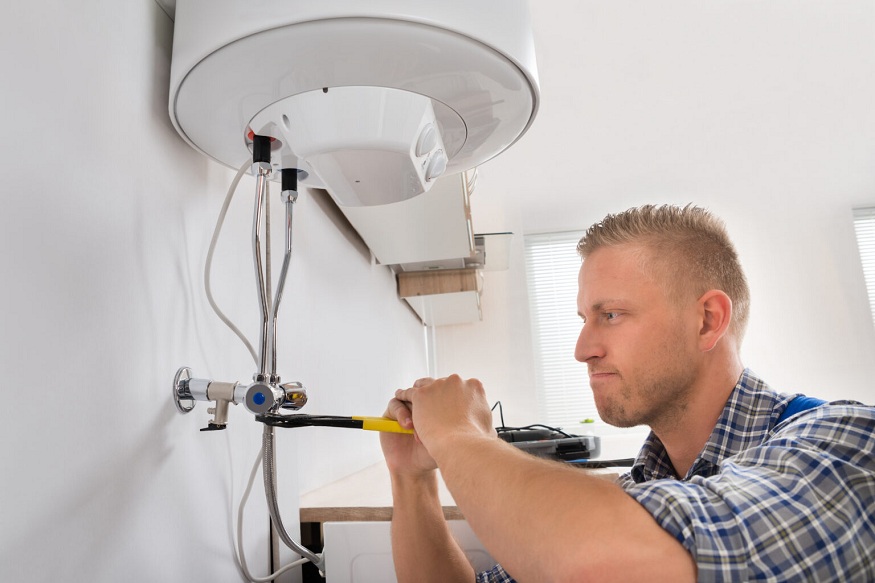Hot water is one of those modern comforts we often take for granted—until something goes wrong. Whether in a bustling restaurant, a busy office building, or a family home, a reliable water heater ensures smooth daily routines. But when issues arise, the type of repair required can vary dramatically depending on whether the system is residential or commercial.
Understanding the differences between hot water heater repair for homes and businesses is crucial not only for property owners but also for the plumbing industry as a whole. This article explores those differences, highlights key market trends, and explains when water heater replacement becomes necessary.
The Basics of Water Heater Systems
Residential and commercial water heaters serve the same purpose: to provide consistent access to hot water. However, their design, scale, and usage demands make them very different in practice.
- Residential Water Heaters – Typically serve households of varying sizes, handling moderate daily use for showers, dishwashing, and laundry.
- Commercial Water Heaters – Designed for high-capacity, continuous use in facilities such as restaurants, hospitals, hotels, and schools. They often require more robust systems and professional servicing.
Because of these differences, repair strategies, maintenance schedules, and replacement timelines also vary.
Key Differences in Hot Water Heater Repair
1. System Capacity and Usage
- Residential Needs: A standard tank or tankless heater provides enough hot water for daily family routines. Issues often stem from wear and tear, sediment buildup, or thermostat malfunctions.
- Commercial Needs: Systems must meet the demands of dozens, if not hundreds, of users daily. A breakdown can cause major operational disruptions, making fast and reliable hot water heater repair essential.
2. Complexity of Equipment
- Residential Systems: Repairs usually involve smaller, more straightforward components, making them easier to manage.
- Commercial Systems: These often include larger tanks, advanced controls, or multiple units working together. Repairs require specialized knowledge and sometimes custom parts.
3. Cost of Repairs
- Residential: Repairs are typically more affordable and less urgent. Delays may be inconvenient but rarely catastrophic.
- Commercial: Even short periods without hot water can affect customer satisfaction or compliance with health regulations, making timely repair a business-critical expense.
When to Search for “Hot Water Heater Repair Near Me in Denver”
For both homeowners and business owners, local expertise matters. Searching for hot water heater repair near me in Denver connects you with professionals who understand regional plumbing codes, water quality challenges, and weather conditions that can impact water heaters.
For example:
- Denver’s cold winters increase demand on heating systems.
- Hard water in some areas can accelerate sediment buildup, requiring frequent maintenance.
Working with local experts ensures faster response times, accurate diagnosis, and solutions tailored to the unique conditions of the Denver area.
Market Insights: Why Demand for Water Heater Repair is Growing
The demand for both residential and commercial hot water heater repair services is on the rise. Several factors contribute to this growth:
- Aging Infrastructure – Many homes and businesses still rely on older systems nearing the end of their life cycle.
- Rising Utility Costs – Property owners are seeking repairs and maintenance to improve efficiency and lower bills.
- Environmental Awareness – There’s a growing preference for eco-friendly solutions, driving interest in repair and timely water heater replacement with energy-efficient models.
- Commercial Expansion – With industries such as hospitality and healthcare expanding, the need for reliable large-scale systems continues to grow.
This trend indicates that the plumbing services market, particularly in high-demand urban areas like Denver, will remain strong in the years ahead.
The Role of Water Heater Replacement
Even with regular maintenance and timely repairs, no water heater lasts forever. Knowing when water heater replacement is the better option can prevent ongoing costs and inefficiency.
Signs It’s Time to Replace:
- The system is over 10–15 years old.
- Frequent breakdowns are costing more than they should.
- Rust-colored water or corrosion appears inside the tank.
- Efficiency has dropped significantly, raising monthly utility bills.
For commercial systems, replacement may also be driven by stricter compliance requirements or the need for more advanced technology to handle growing demand.
Environmental and Efficiency Considerations
Sustainability is becoming a major factor in repair and replacement decisions. Modern systems are designed with higher energy efficiency standards, reducing both utility costs and carbon footprints.
- Repairs that address leaks, faulty thermostats, or clogged components help extend system life and improve efficiency.
- Replacements with eco-friendly models ensure long-term energy savings and environmental benefits.
By balancing repair and replacement decisions, both homeowners and businesses can meet their needs without overburdening the environment.
Commercial vs Residential: Choosing the Right Professional
The professional you choose can make all the difference.
- Residential Specialists – Typically focus on quick, cost-effective solutions that restore comfort for families.
- Commercial Specialists – Trained to handle large, complex systems, often under urgent timeframes to avoid business disruption.
In Denver, searching for hot water heater repair near me in Denver can help property owners identify service providers equipped for their specific needs, whether residential or commercial.
Practical Tips for Long-Term Reliability
To reduce the risk of unexpected breakdowns and costly replacements, both homeowners and business operators should adopt preventive strategies:
- Schedule annual inspections to catch small problems before they escalate.
- Flush tanks regularly to remove sediment buildup.
- Test pressure relief valves for safety.
- Monitor water quality—hard water areas may require more frequent maintenance.
- Consult experts for tailored advice on whether hot water heater repair or water heater replacement is the smarter option.
Two Paths, One Goal
While residential and commercial water heaters differ in capacity, complexity, and urgency of service, they share one common goal: delivering reliable hot water efficiently. Recognizing these differences helps property owners make informed decisions about maintenance, repair, and replacement.
For Denver residents and businesses, knowing when to search for hot water heater repair near me in Denver ensures timely, localized expertise. And when repair isn’t enough, planning for eco-friendly water heater replacement creates both economic and environmental value.
In a growing market that prioritizes both comfort and sustainability, timely repair and smart replacement choices are essential for homes and businesses alike.



